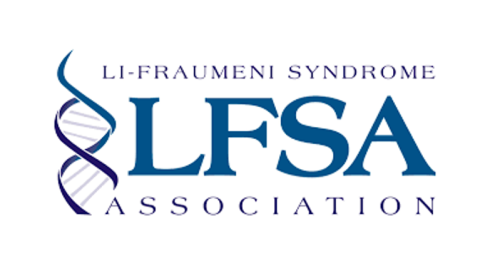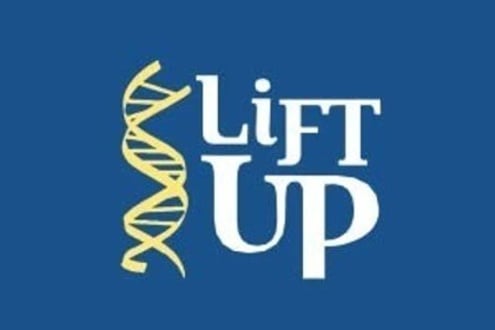TP53: Options for Cancer Treatment
Medical Decisions for People with an Inherited Mutation Diagnosed with Cancer
Experts recommend that people with an inherited mutation minimize their radiation exposure, which increases the risk of a new cancer diagnosis. This includes avoiding radiation therapy for cancer treatment whenever possible. For people with Li Fraumeni syndrome who have been diagnosed with cancer, it's important to seek care from experts who understand the syndrome and can help you weigh the benefits and risks of radiation therapy.
What are the surgical considerations for people with who are diagnosed with breast cancer?
People with have an increased risk for a second breast cancer diagnosis. Women who are diagnosed with breast cancer who test positive for a mutation may choose mastectomy rather than and radiation. Mutation carriers who undergo mastectomy are less likely to develop a second breast cancer.
Are there targeted therapies for treating cancer in people with a mutation?
Currently there are no FDA-approved targeted therapies or guidelines developed specifically for treating cancer in people with a mutation, however, there may be research studies looking at treatments that may work well for people with acquired (somatic) or inherited () mutations.
People with a cancer diagnosis and an inherited mutation may benefit from testing and may qualify for clinical trials looking for more effective treatments for cancer.
More Resources
Visit our partner

Li-Fraumeni Syndrome Association
LFSA provides information, advocacy and resources for individuals and families with Li-Fraumeni syndrome.Participate in research
The LiFT UP Li-Fraumeni & TP53: Understanding & Progress Study
Clinicaltrials.gov identifier: NCT04541654

